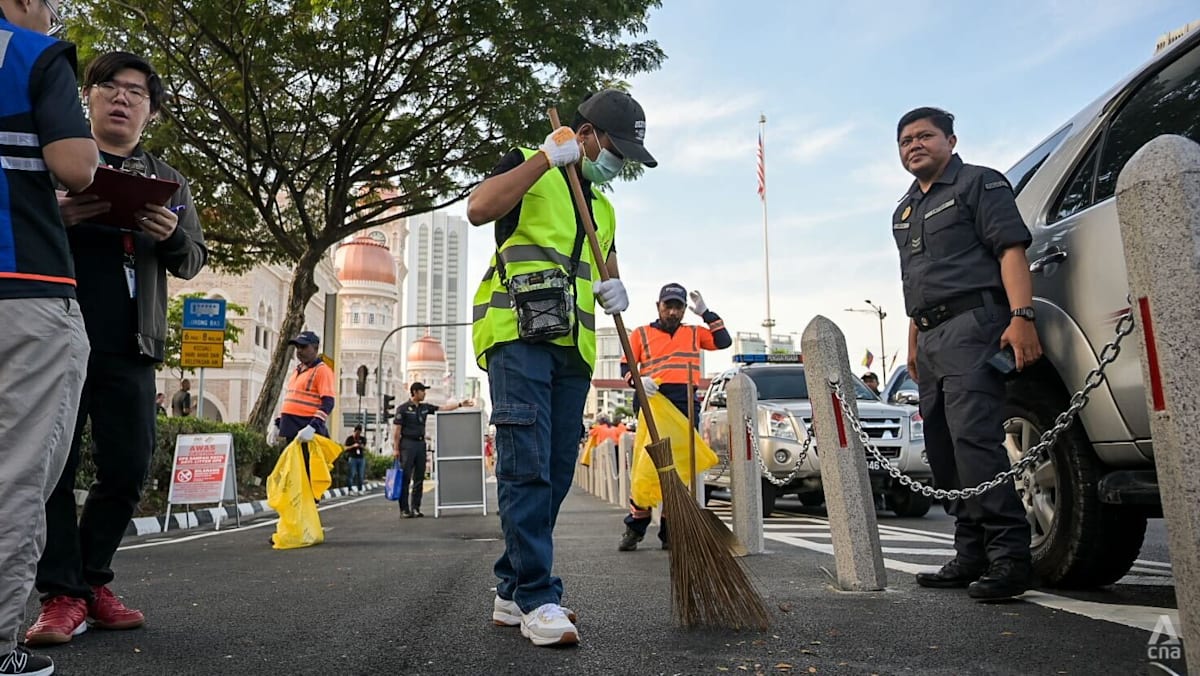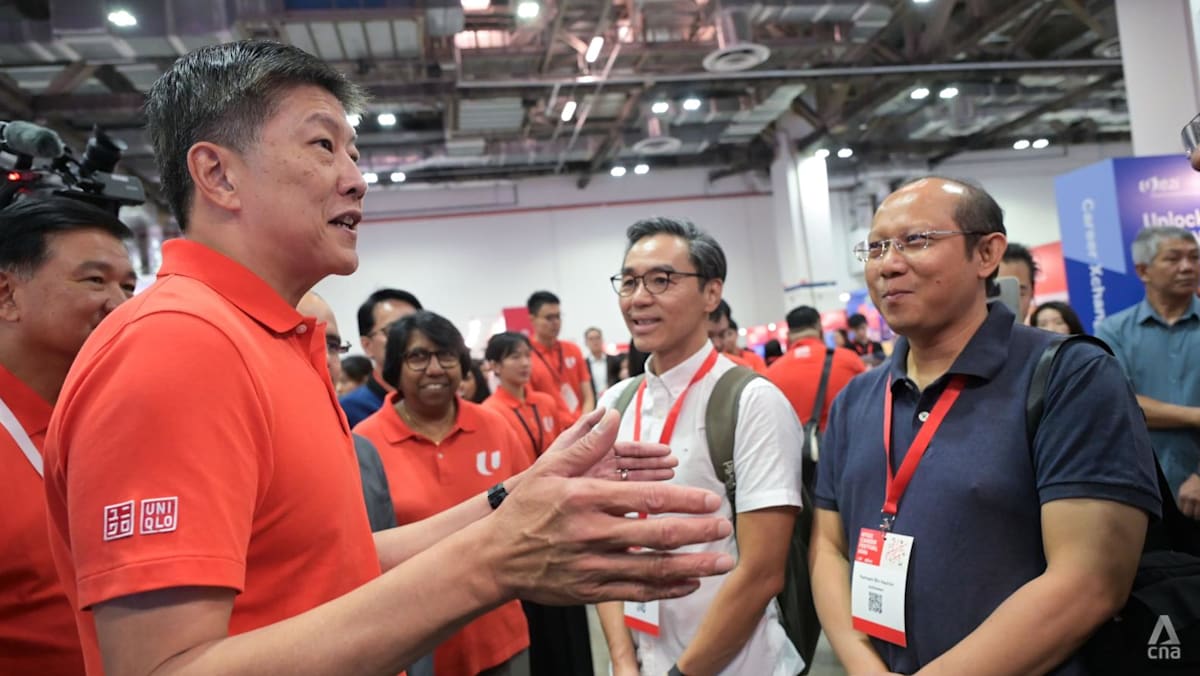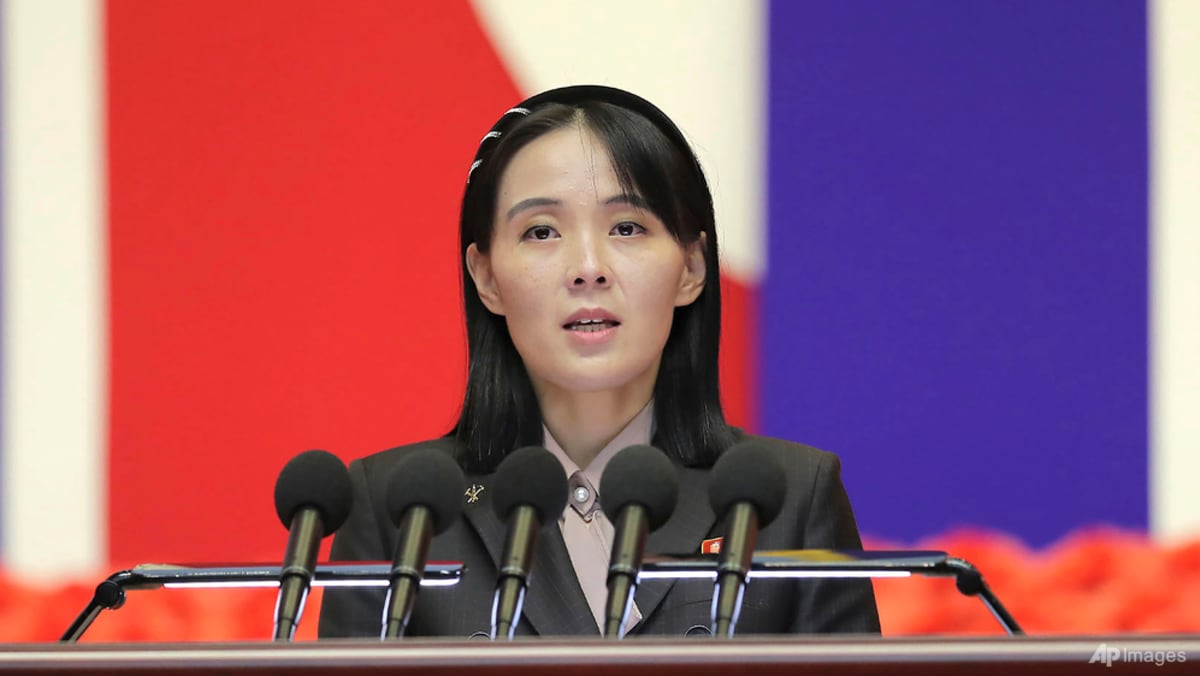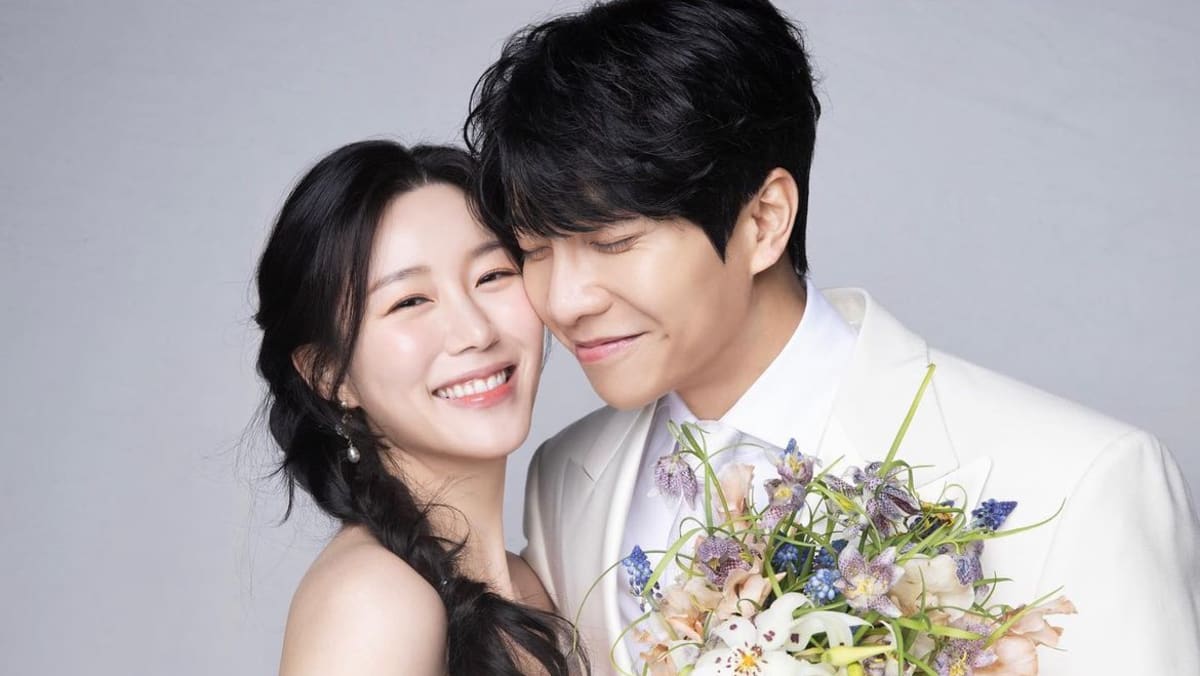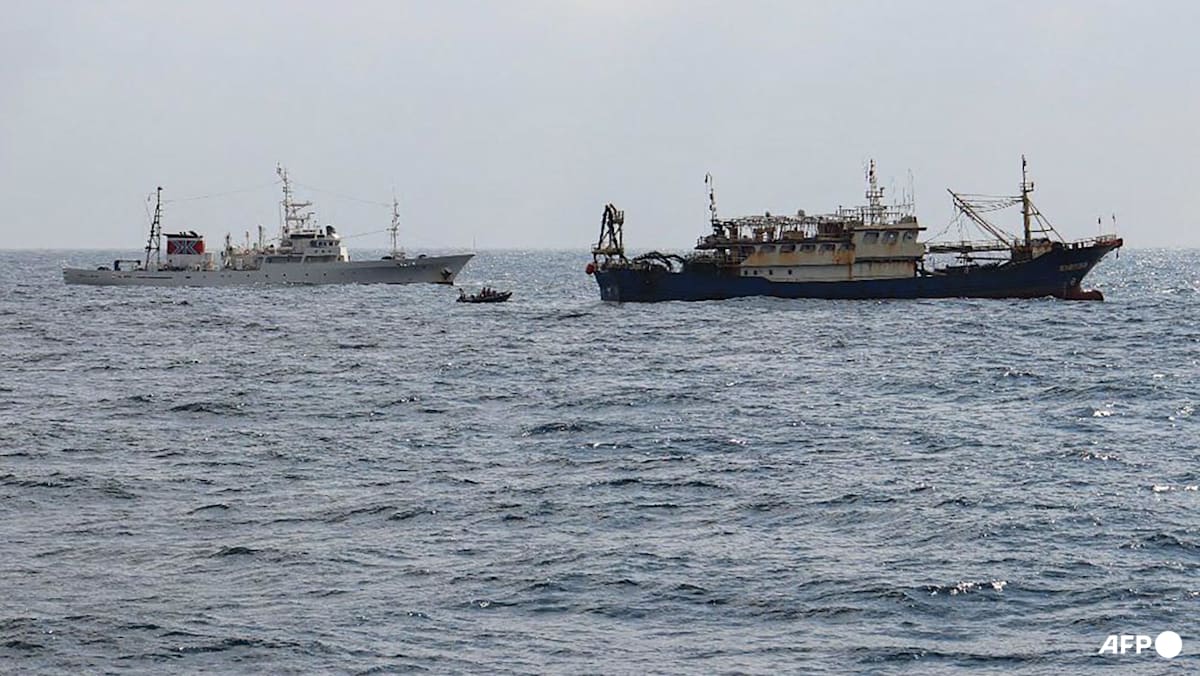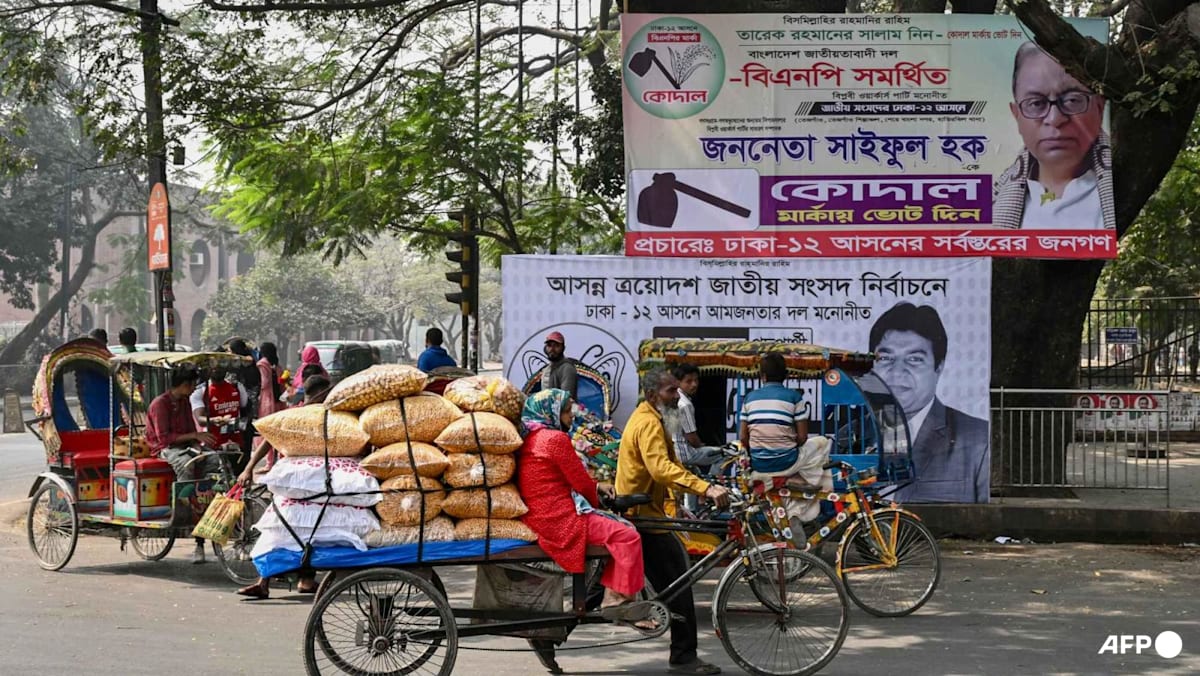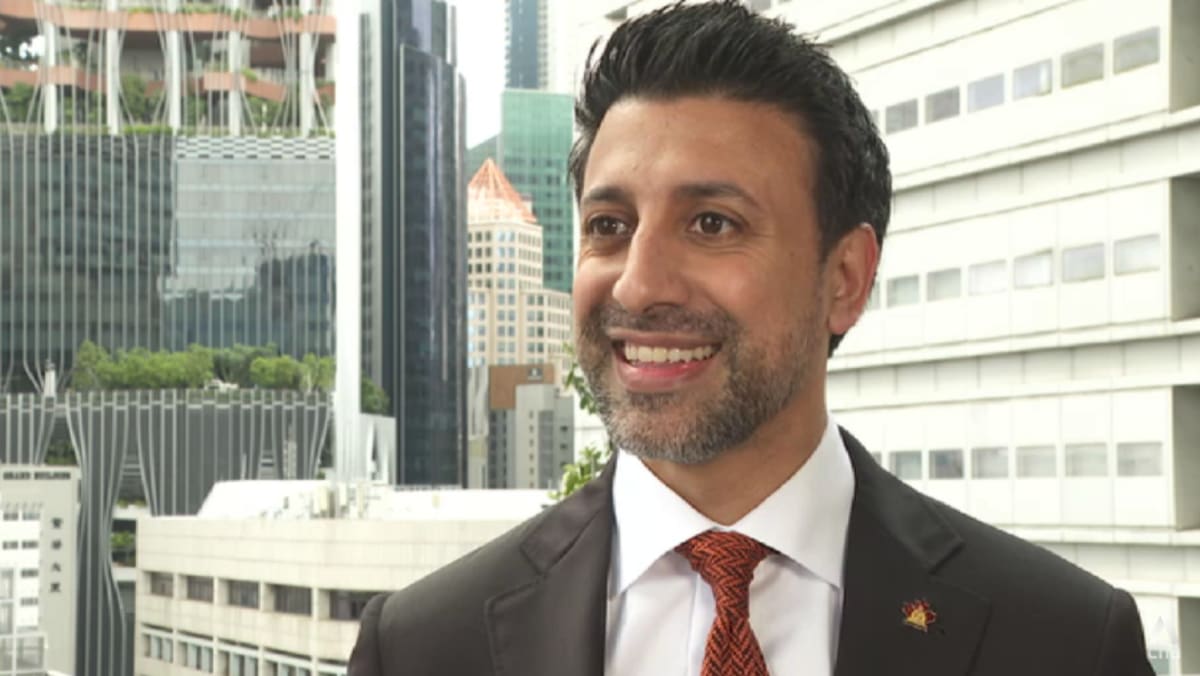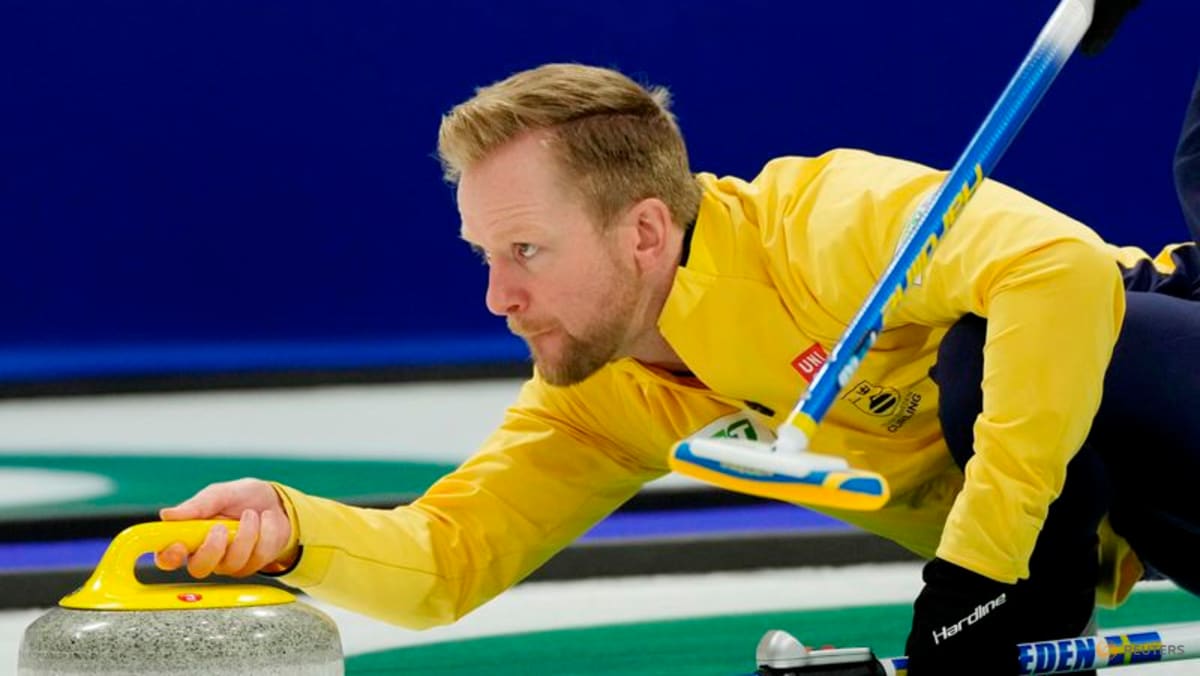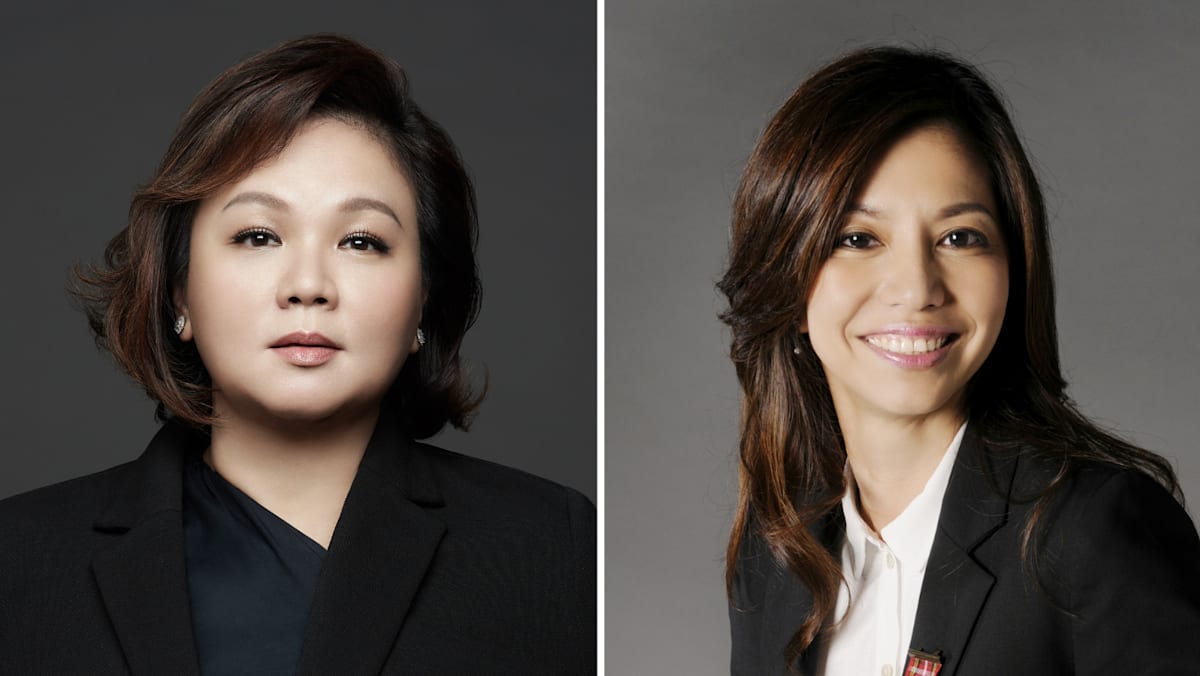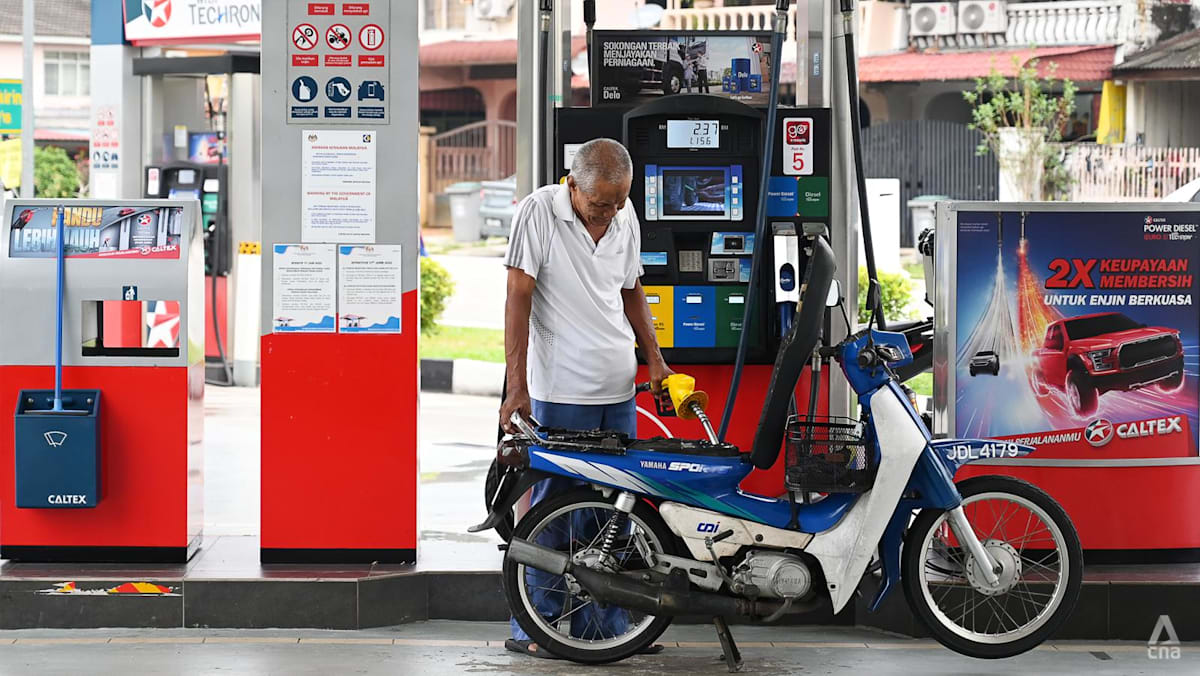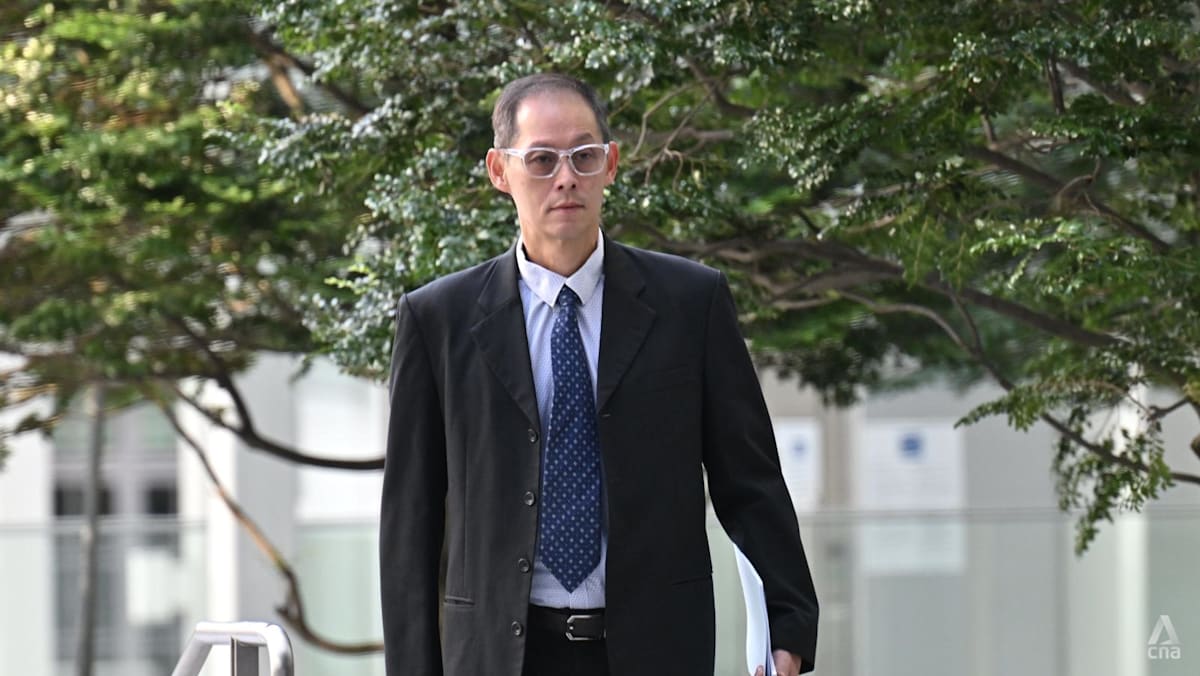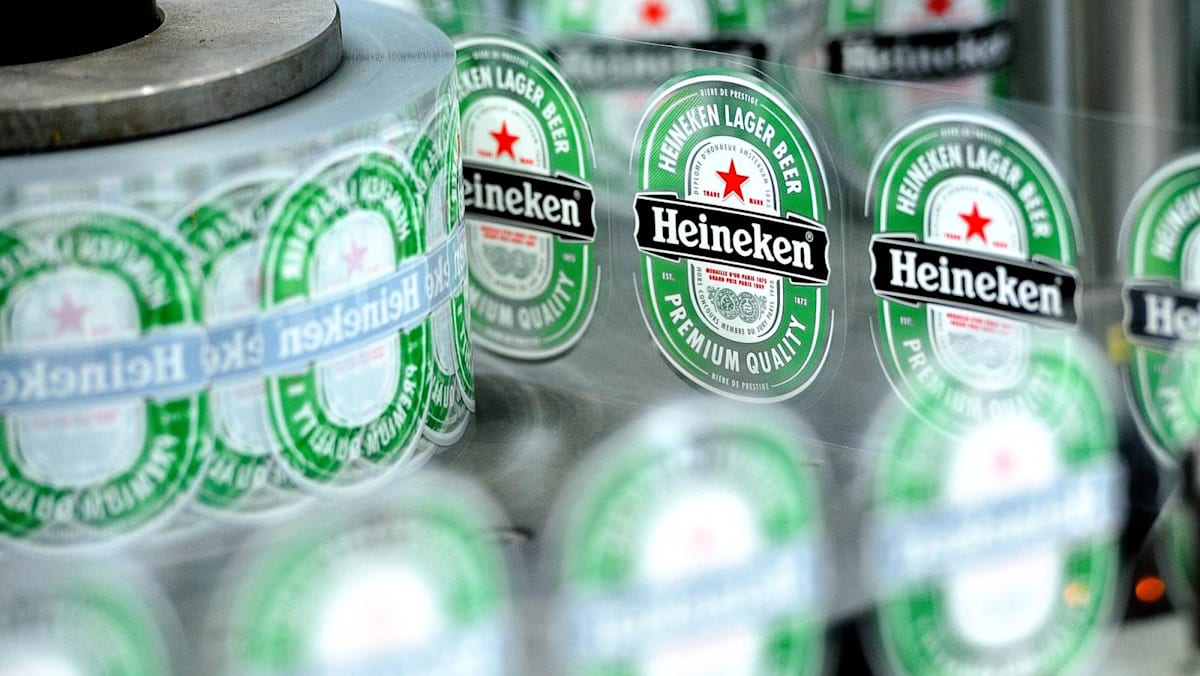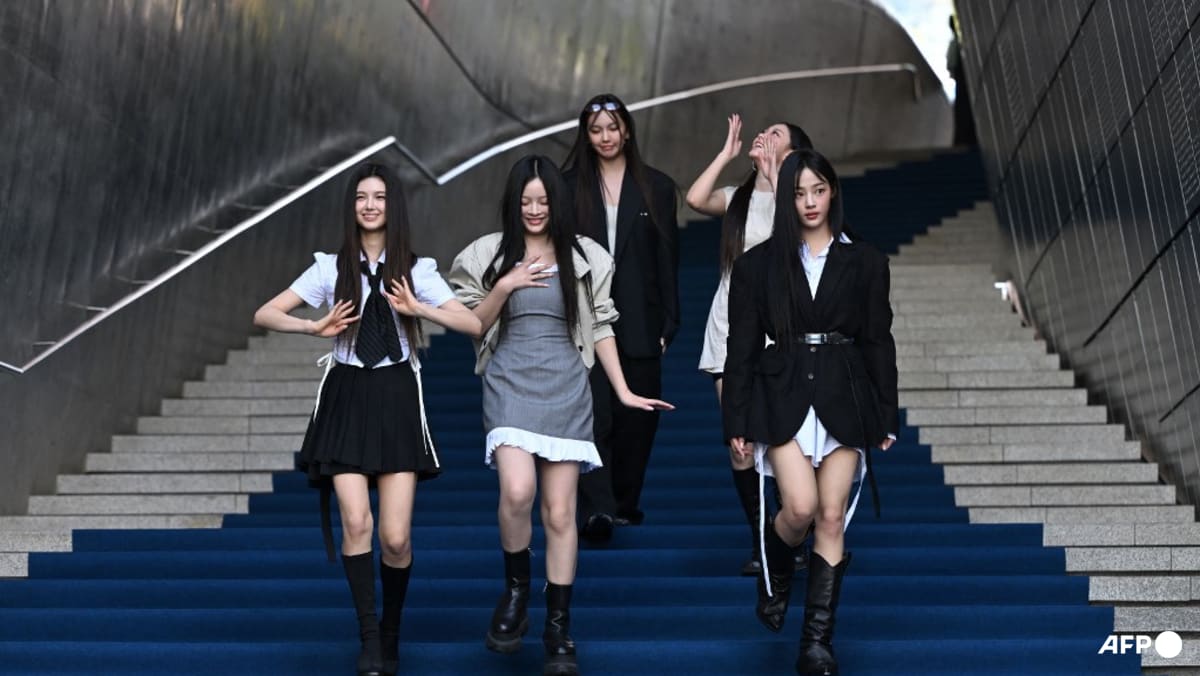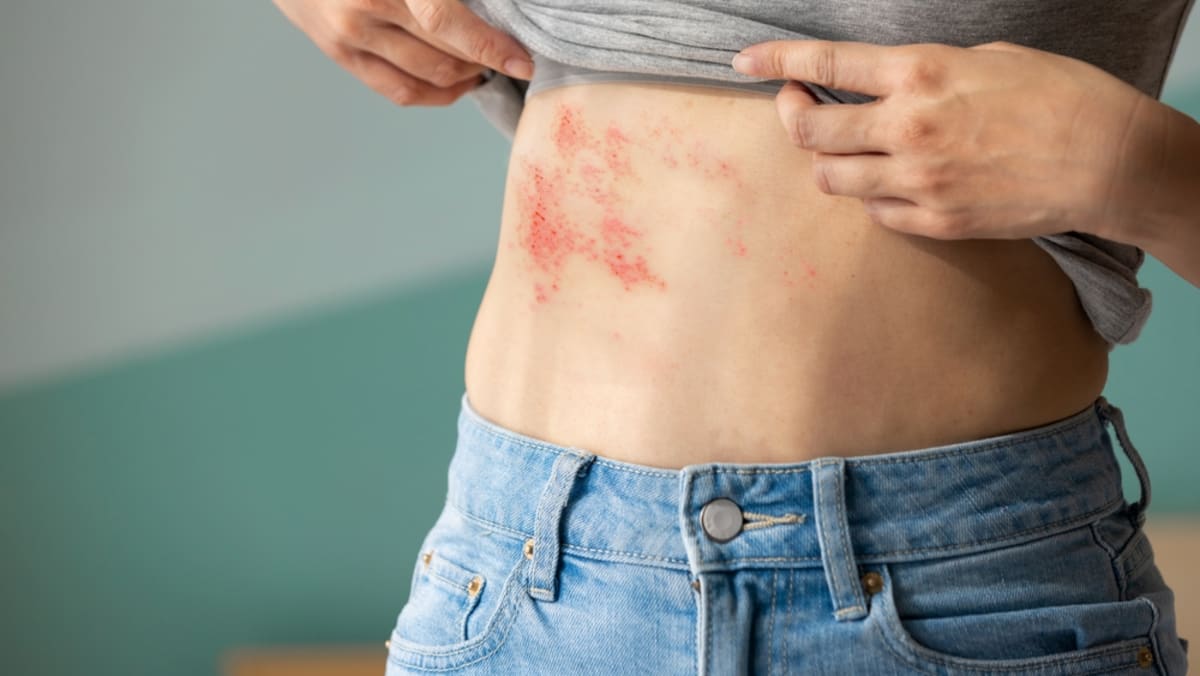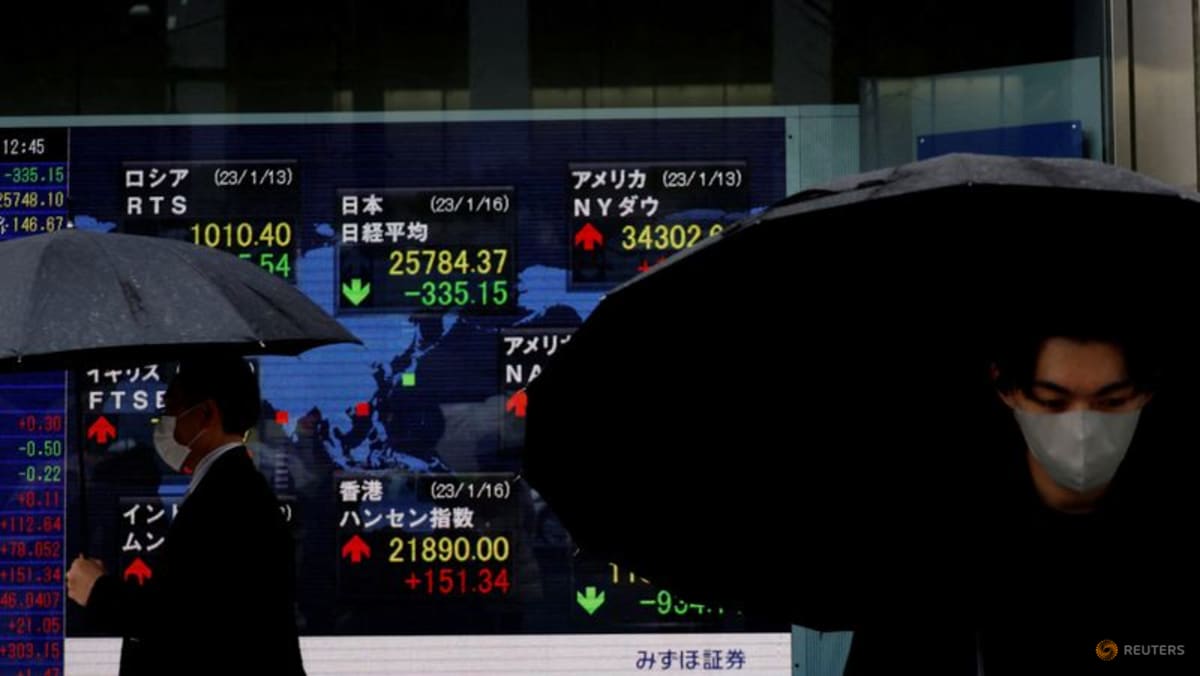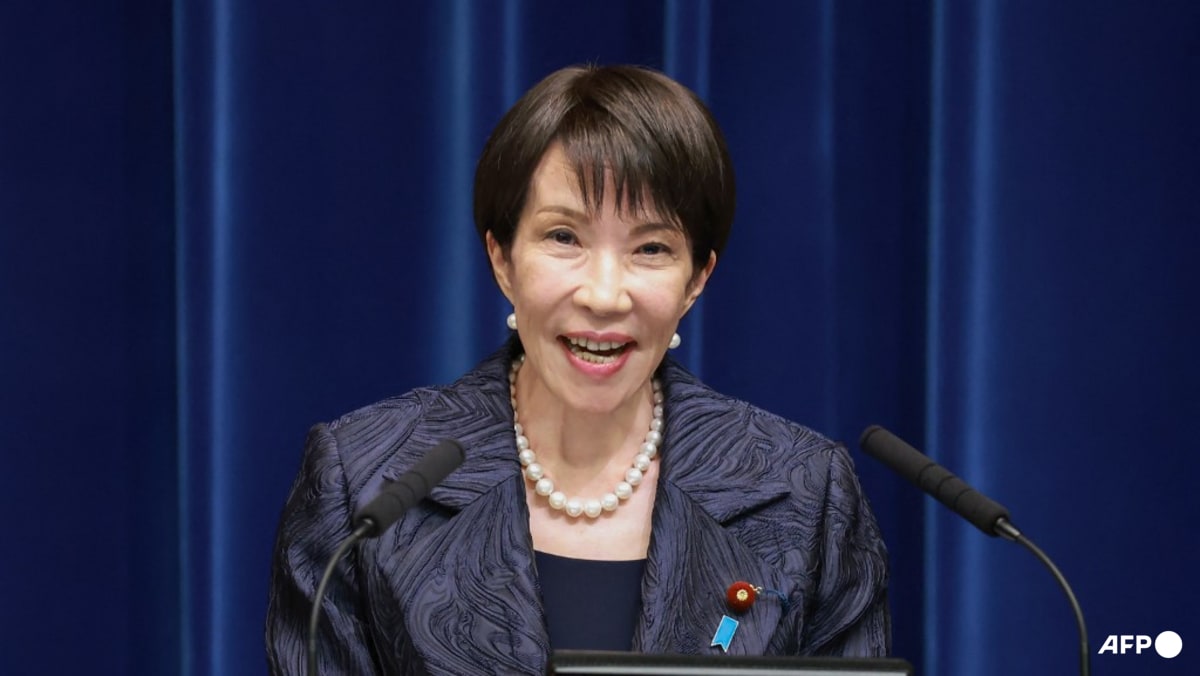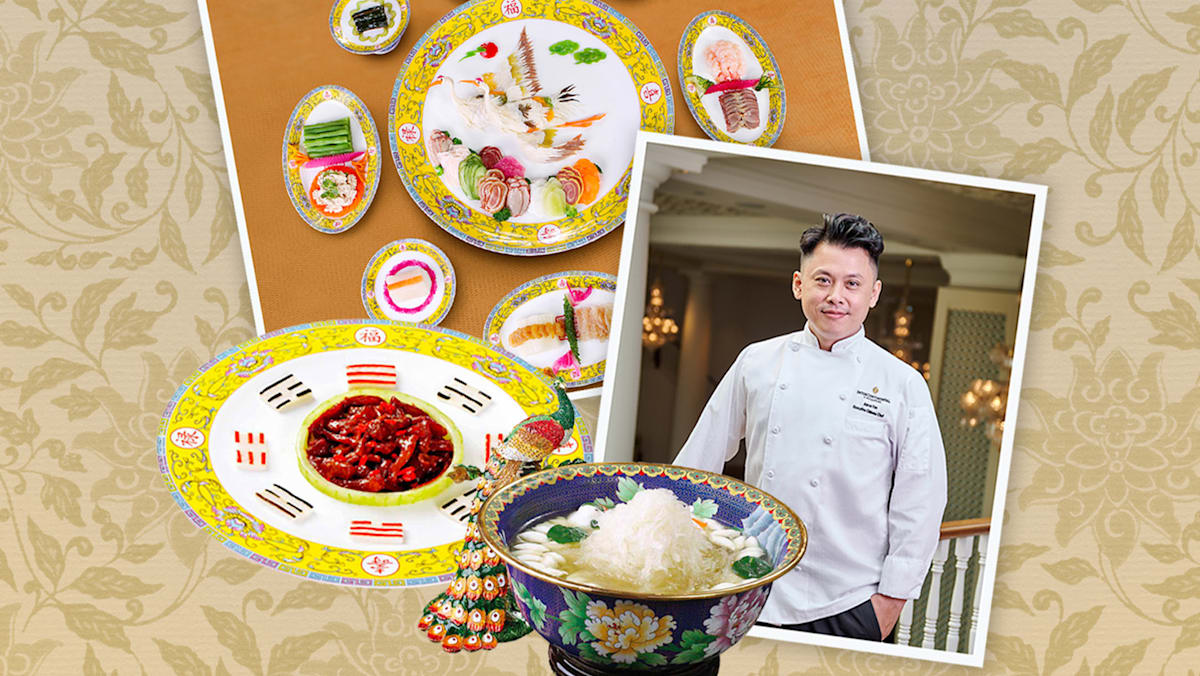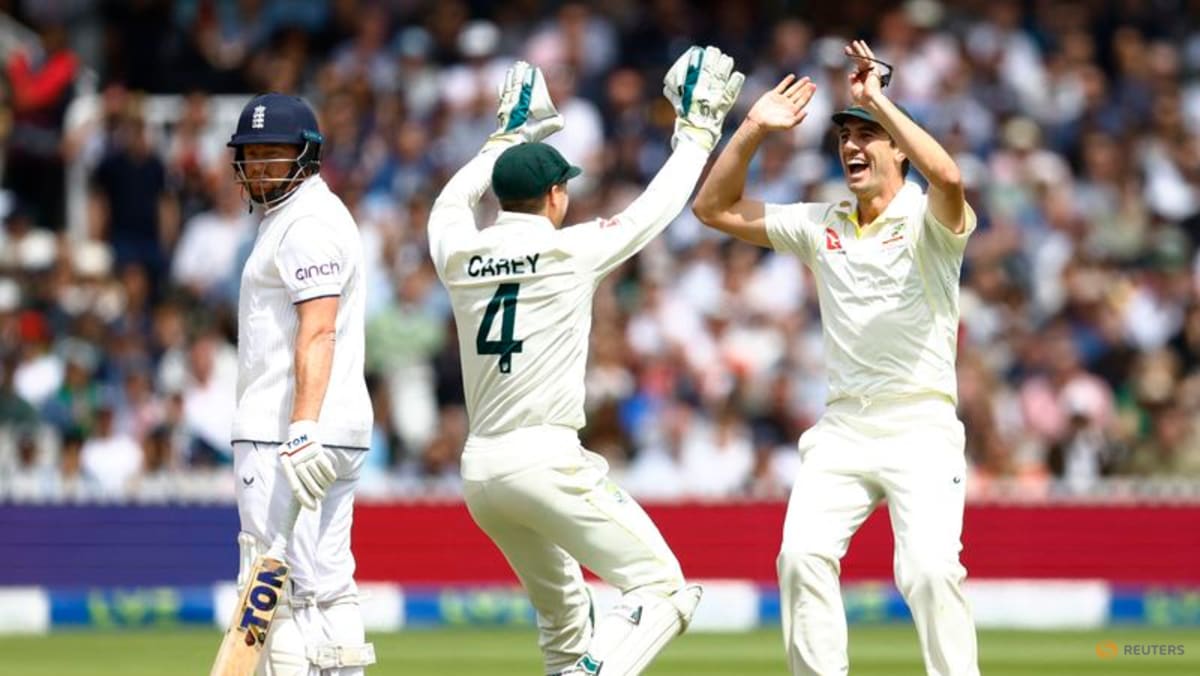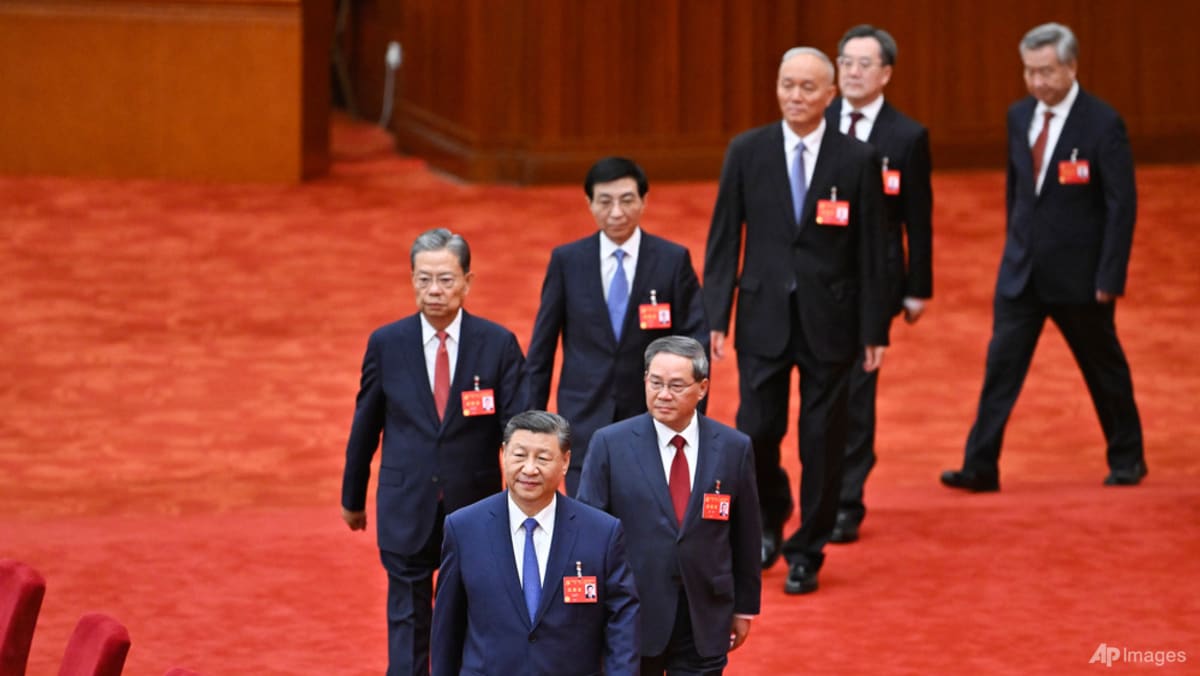SINGAPORE: When 25-year-old Vishva Deva steps onto the kabaddi court at the 33rd Southeast Asian (SEA) Games in Thailand in December, he will be carrying a piece of Singapore’s sporting history on his shoulders.
The former rugby player is captaining Singapore’s first national kabaddi team, as the traditional South Asian contact sport makes its debut at the regional multi-sport event.
Kabaddi is traditionally played between two teams of seven, but this year’s event also features teams of three or five players.
In each round, a lone player called a “raider” enters the opposing side to touch as many opponents as possible before returning to their own side - all in a single breath, while continuously chanting “kabaddi”.
Points are earned for each successful tag. If the opposing team catches the raider, it earns a point. Points can also be earned if the raider reaches a bonus line deep in their opponent’s half when facing six or seven defenders.
Each side alternates between attacking and defending, and victory goes to the team with the most points.
“In football, it’s 11 versus 11. But kabaddi is the only game where (one) has to face seven. So, I like the odds,” said Mr Vishva.
“I'm honoured to be the captain,” he added, “but (it) is a really demanding role, especially when you have the pressure to represent (Singapore) for the first time”.
YEARS IN THE MAKING
Singapore’s journey to the kabaddi arena has been a decade-long effort.
The sport, already popular among migrant workers, expanded over the years through community events such as school tournaments.
The men’s national team was officially formed three years ago, while the women’s squad took shape this year.
Qualifying for the SEA Games was no easy feat, said Mr Vishva.
“We have worked very hard for this milestone,” he added, “because we must first be recognised by the SNOC (Singapore National Olympic Council), and after that, we must convince them that we are ready to face other stronger countries”.
To prepare, both teams faced Thailand, Indonesia and Malaysia in a pre-game tournament in September, winning the bronze in all team formats.
Most of the men’s players are students or young working adults. They have to keep up with an intense schedule which includes fitness training on weekdays and mat practices on weekends.
“It's a very physically demanding sport, so fatigue and injuries are quite common. We must try our best to strategise our training so that we don't get injured as often,” Mr Vishva added.
FROM THE GROUND UP
According to Mr Sivanessan Kitnasamy, president of the Kabaddi Association Central SG, Team Singapore has Indian migrant workers to thank for its growth.
"There's a very vibrant migrant workers formation here … who are playing as part of teams on their own. So, we actually have tune-up matches against them, which have been very useful for us,” he said.
Grassroots efforts have also borne fruit. Since 2014, the association has run annual inter-school tournaments involving up to 10 schools. Such tournaments have been a crucial source of talent for the national team, Mr Sivanessan noted.
“To finally be able to represent Singapore, and put our flag out there as a representative of kabaddi is something that we're very proud of, and it's really an amalgamation of all the effort that has gone in.”
WOMEN ARE WELCOME
While kabaddi has long been dominated by men, the women’s national team has risen to the challenge.
Despite being new, the team has made “tremendous improvement”, said Mr Sivanessan.
The squad, whose players’ ages range from 18 to 26, has already competed in a test series against Malaysia in August, as well as a multinational tournament in Penang in September.
"A lot of women or young girls might not think that this is the sport for them, since it's very physically tiring and also a bit violent,” said national player Anandarajan Sindini, 24.
“But I hope that watching us play will inspire them to come and play along and join us."
Aside from the physical demands, the sport also requires mental resilience, she noted.
“The most difficult thing is how mentally aware you have to be, because anyone can come at you anytime,” she explained.
“It's nerve-racking to think that we are the least experienced team (at the SEA Games). So, we motivate each other and encourage each other to stay confident; to give our best, no matter what happens.”
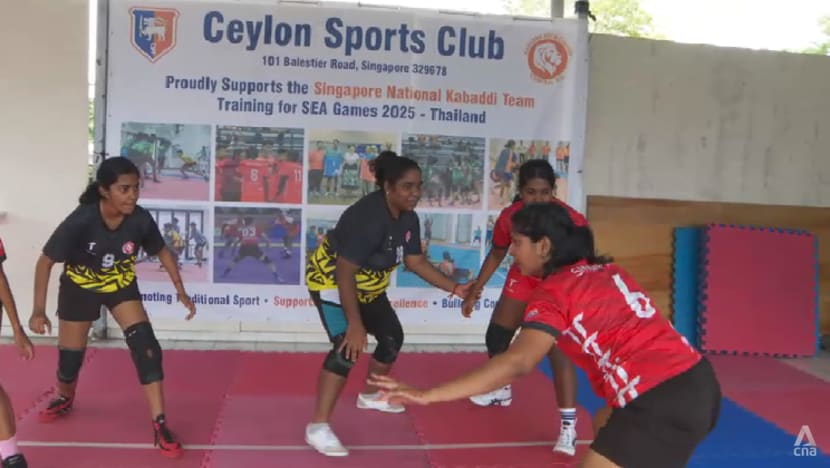 While kabaddi has long been dominated by men, the women’s national team has risen to the challenge.
While kabaddi has long been dominated by men, the women’s national team has risen to the challenge.
SIGHTS ON MEDALS
Both Singapore’s men’s and women’s teams will face experienced regional heavyweights such as Thailand, Malaysia and Indonesia, each with at least a decade of international competition behind them, noted Mr Sivanessan.
Still, he remains optimistic about Singapore’s chances, despite being the underdog. The teams are hoping for a bronze medal in each of the Games’ six competitions.
There is also pride in building something from scratch, Mr Sivanessan added.
“It's a very rewarding experience when you see that so many players benefit from it,” he said. “And so many students aim that one day they might want to play for Singapore in a sport such as this.”
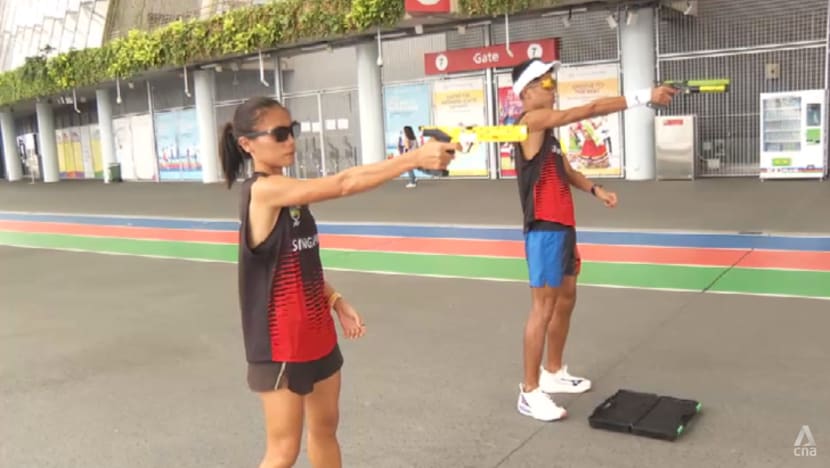 Singaporeans Nicole Low and Marcus Ong will compete in the “laser run” category of the modern pentathlon.
Singaporeans Nicole Low and Marcus Ong will compete in the “laser run” category of the modern pentathlon.
MODERN PENTATHLON’S COMEBACK
While kabaddi makes its historic debut, the modern pentathlon will return to the SEA Games after a six-year break. This event tests athletes’ focus and adaptability in skills such as running, swimming and shooting a laser pistol.
At the Games, two Singaporeans will compete in the “laser run”, one of three categories featured.
In this event, athletes run five 600m laps on both hard and soft sand. In between each lap, they must hit a target with their pistol five times before attempting the next lap.
Nicole Low, a 5,000m competitive runner, is taking her first shot at the sport.
She is working on sharpening her aim, one of two skills required. Part of the training involves learning how to deal with stress, said the 27-year-old.
“When we are shooting, we have to focus on controlling (our) breathing, and also learning to isolate ourselves from the competitors and not let their actions affect ours.”
Also competing is Marcus Ong, who won bronze for the same event in the 2019 Games. The 40-year-old hopes to reclaim his glory days by training at least 20 to 24 hours a week to keep up with younger competitors.
“I want to prove to myself (at) the age of 40, I'll be able to push my body to the limits. I want to show the young ones that I think age doesn't matter."


